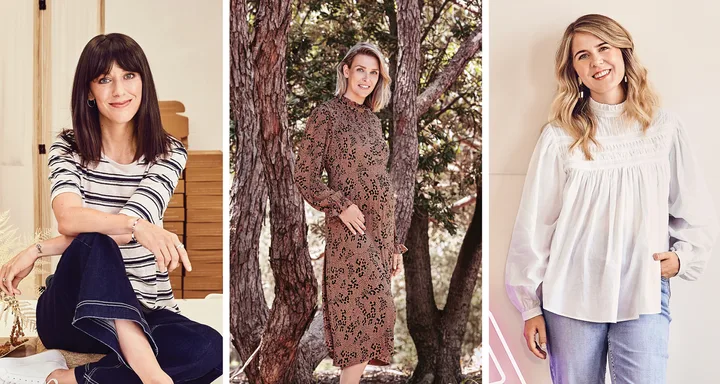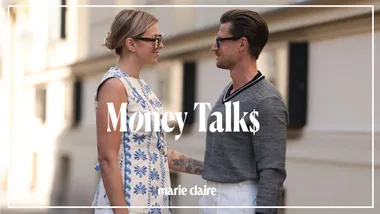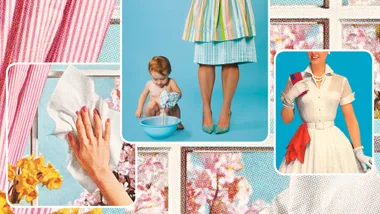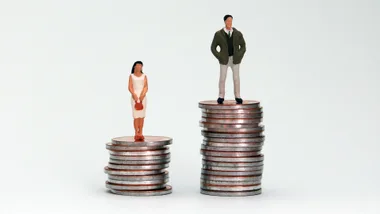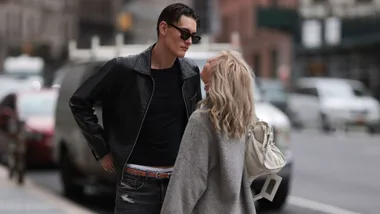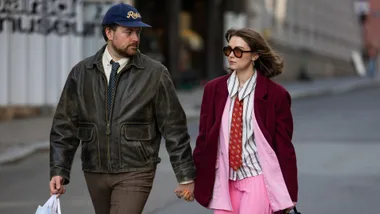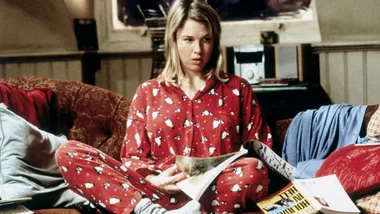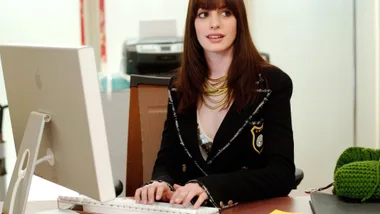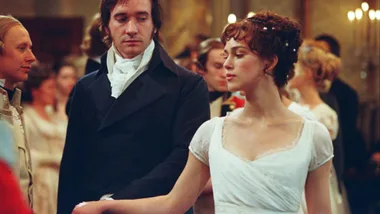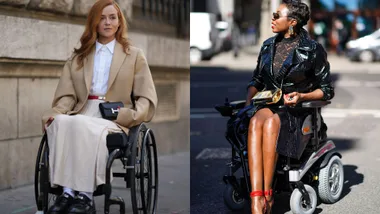The past few weeks may have been filled with uncertainty, but one thing remains crystal-clear: kindness wins. The global coronavirus pandemic has sparked an outpouring of generosity and altruism among Australians, providing much-needed hope and comfort. It’s never been more important to support our communities, show compassion and find new ways to help our neighbours in need.
Seed Heritage, together with marie claire, recently launched its Seed of an Idea campaign to help women kickstart their own businesses. But in this new climate, we’ve shifted the focus and will be supporting charities and local social enterprises.
Do you have a “seed of an idea” that could help make the world a better place in these testing times? Are you inspired to launch your own social enterprise, or to help grow a charity? We’re offering two grants to bring these ideas to life – and in turn, give back to the community. For details on how to apply for one of these grants, share your seed of an idea here.
For inspiration for your own #seedofkindness, look to these three female founders, who each created social enterprises dedicated to the greater good.
Bronwyn Bate – Founder of Mettle Women Inc.
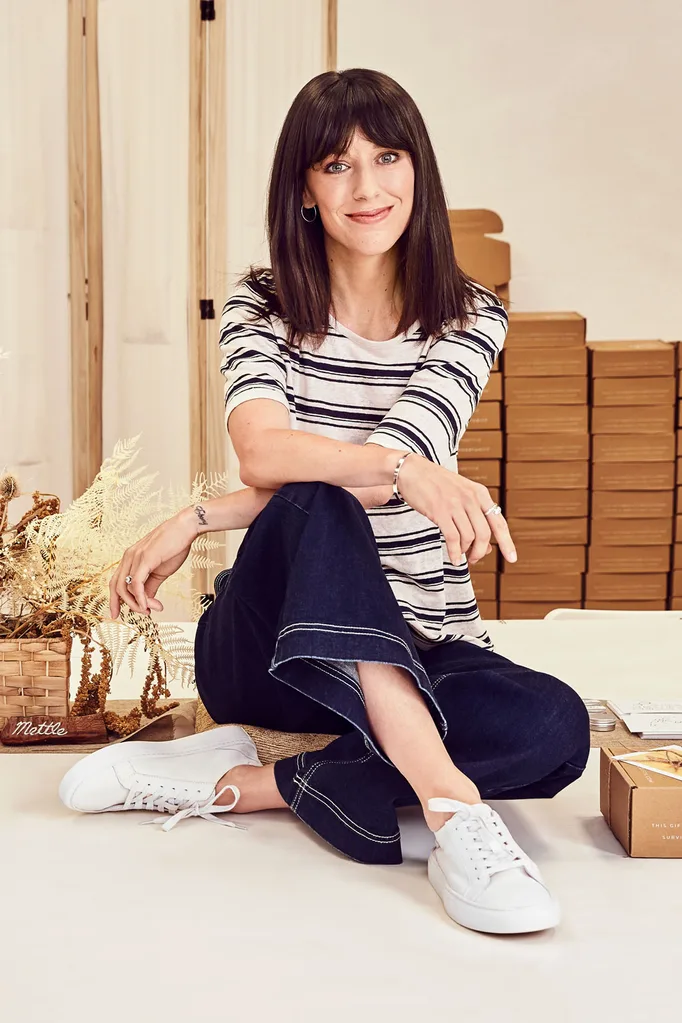
In 2018, Bronwyn Bate was working for a non-profit when her path crossed with “incredible women working on the frontline of domestic violence services
”. Bate was confronted with a tragic reality: domestic and family violence is the single largest driver of homelessness for women in Australia.
Baffled by the lack of support after women leave a shelter, Bate started Mettle to provide “financial independence through entry-level roles in a nurturing environment”.
Today, Mettle’s Perth warehouse is a safe haven for survivors of DV: women are employed for six months and trained in each facet of the business. “To have that little escape where they are being paid and establishing their independence is so important,” notes Bate.
The highlight so far? When their first-ever participant, who’d spent nine months in a refuge with her 16-year-old son, saved enough for the bond on a flat. “
It’s moments like that
we do a little happy dance.”
Grace Brennan – Founder of Buy From The Bush
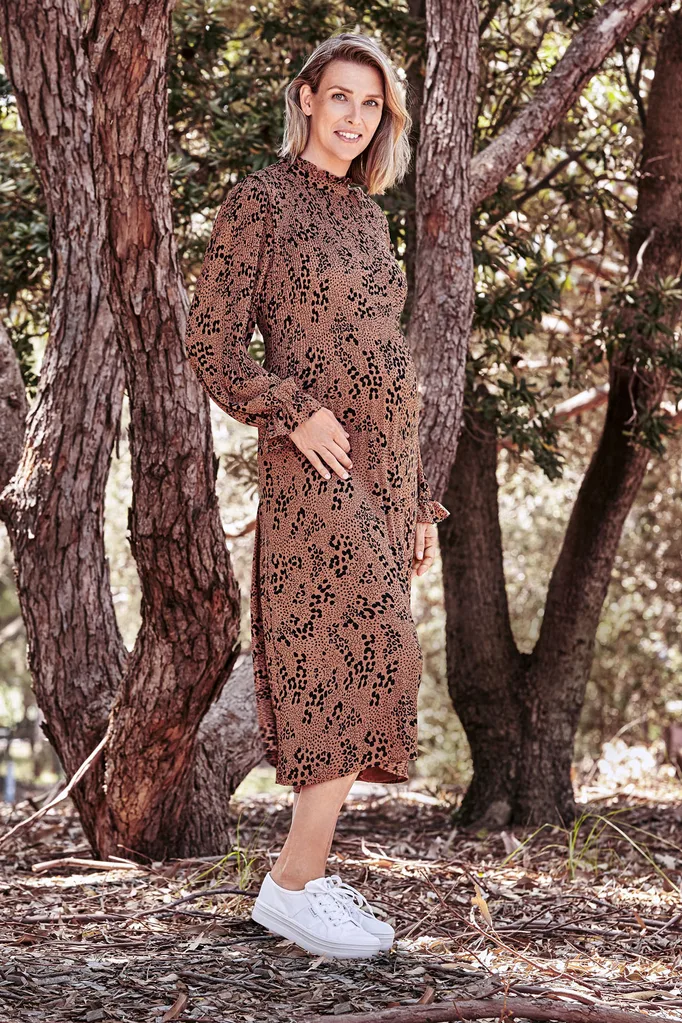
Grace Brennan, who moved from Sydney to rural Warren in NSW when she fell in love with a farmer, felt helpless watching the impact of the drought on her community. But when a city friend asked her for ideas for a “buy from the bush kris kringle” she saw an opportunity. “That’s a bloody good idea,” she thought. With friend Millie Fisher, she “sat down at the kitchen bench, created an Instagram page and then went from there”.
The response was immediate. “The next day we had 1,000 followers, then a week later we had 10,000; in the first month we got 100,000,” she recalls. The account showcases beautiful products made by rural people, and aims to inject money into businesses that usually rely on cash flow from agriculture.
The drive to help others is what keeps the pregnant mother of three going – even when she’s exhausted and her ankles are swollen. “I’ll sleep when I’m dead,” she adds jokingly.
Ally Watson – Founder and CEO of Code Like A Girl
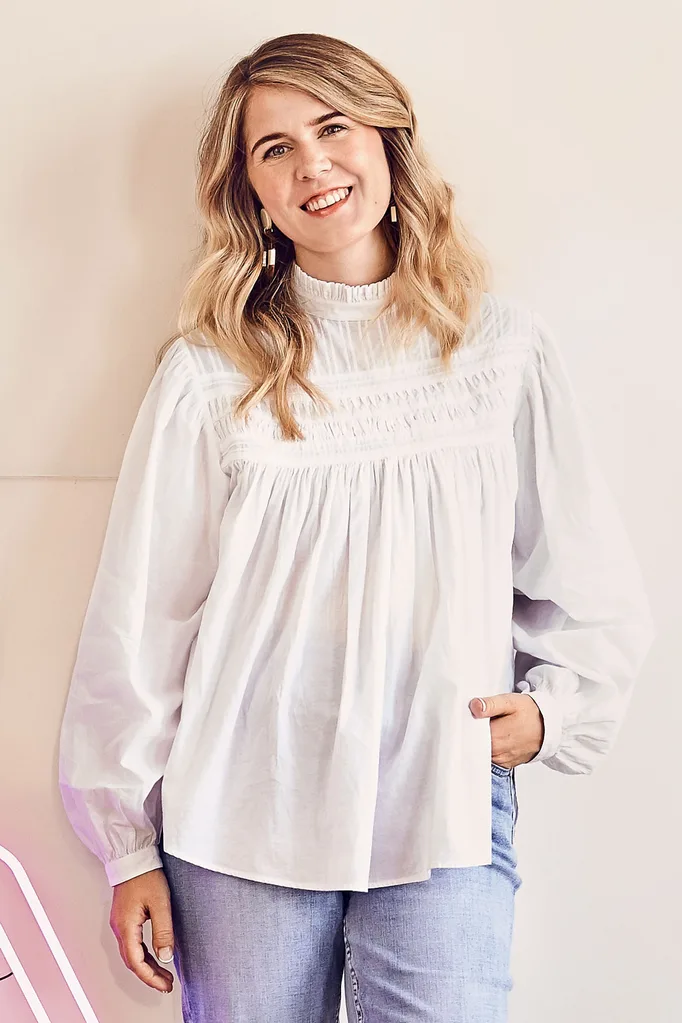
In seven years as a software engineer, Ally Watson was “always the only girl” in the room. Arriving in Australia in 2015 with a thick Scottish accent, she hoped things would be different, but found herself once again entering an office full of blokes, confirming her suspicion: “The lack of women in the tech industry is a global issue.”
While Watson found this professionally jarring, it was being miles away from female friends and family back home that galvanised her into action. “It was really about bringing women together to network, to form friendships,” says Watson of creating Code Like A Girl in 2015. What began as a “casual meet up” for like-minded women quickly evolved into a mission to make tech more accessible and inclusive.
In 2017 Watson went full–time as CEO of Code, which now employs some 85 educators teaching girls as young as eight to code. “That we are actively contributing to the pipeline of women in technology is something I could have never predicted.” So if someone says you can’t change the world, give them Watson’s number.
